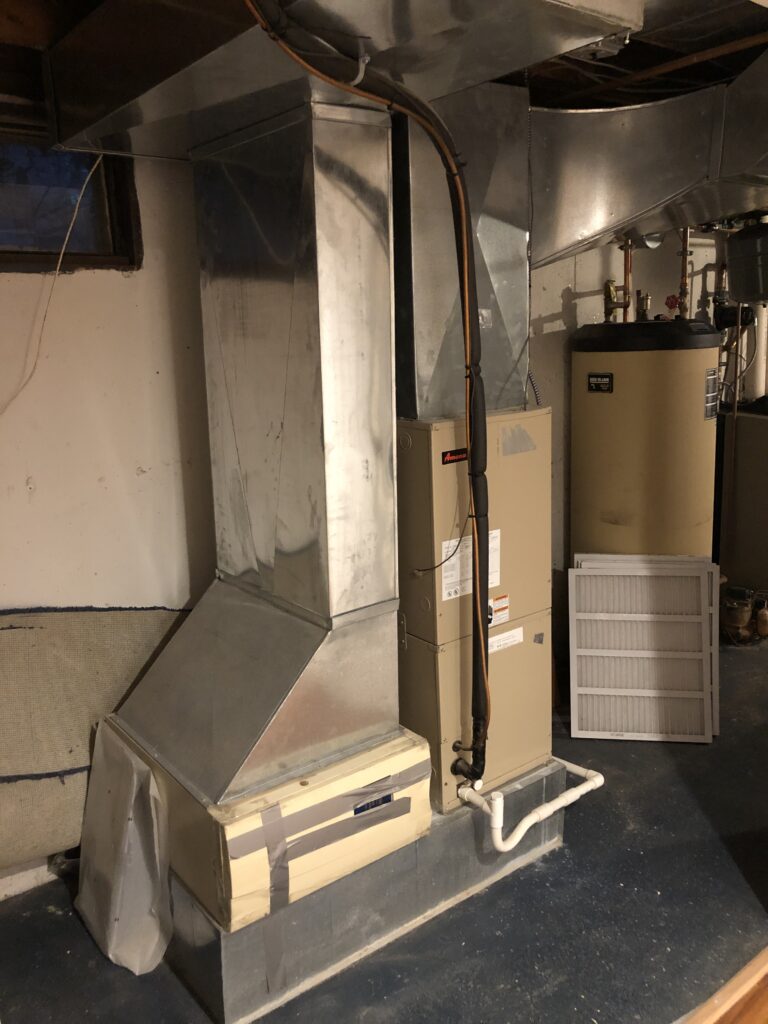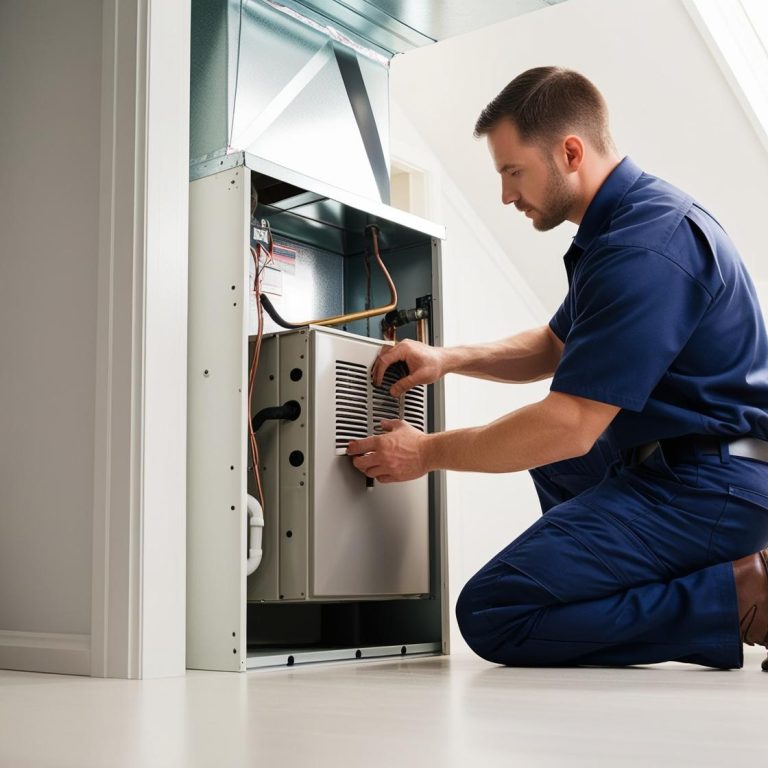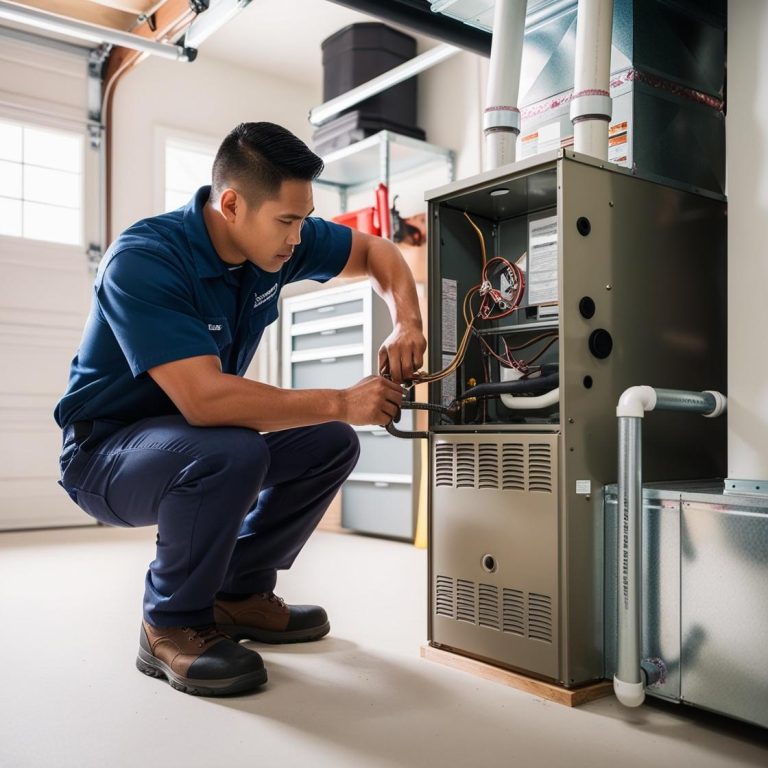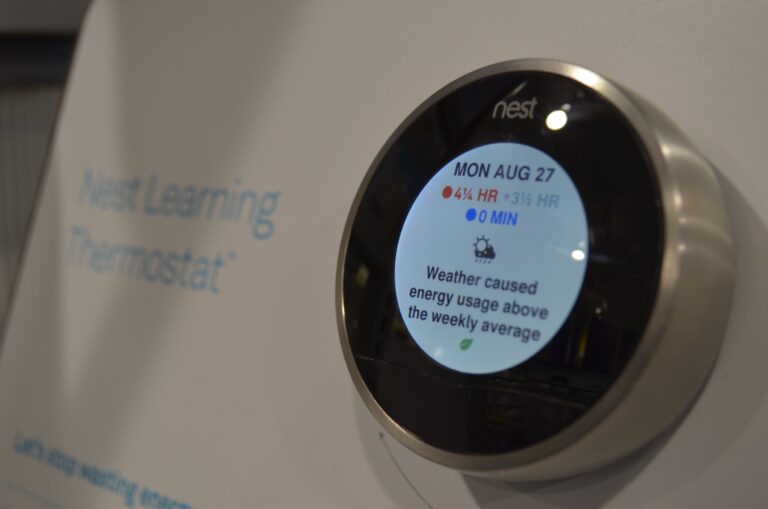Variable speed (VS) HVAC systems are designed to offer superior comfort and energy efficiency compared to traditional single-speed systems. Unlike conventional HVAC units that operate at only one or two speeds (either full capacity or off), variable-speed systems can adjust their speed and capacity to match the exact cooling or heating needs of your home. Here’s a closer look at how these systems work and why they are considered more efficient:
How Do Variable-Speed HVAC Systems Work?
Variable-Speed Compressor:
At the core of a variable-speed HVAC system is a compressor that adjusts its speed incrementally based on the heating or cooling required. This efficient adjustment allows the system to provide the precise temperature needed, unlike traditional units that operate at full power whenever turned on. The compressor, by not always running at maximum capacity, efficiently maintains comfort.
Continuous Operation at Lower Speeds:
Unlike traditional systems that constantly cycle on and off, variable-speed HVAC systems run continuously at lower speeds. This design feature reduces temperature fluctuations and maintains consistent humidity levels throughout the home. As a result, homeowners experience fewer temperature swings and more stable indoor environments.
Enhanced Airflow Control:
These systems are equipped with variable-speed blower motors that adjust airflow to meet demand. This capability ensures even distribution of conditioned air, which enhances both comfort and indoor air quality. By improving airflow control, VS systems eliminate common hot and cold spots, creating an evenly conditioned living space.
Why Are Variable-Speed HVAC Systems More Efficient?
Energy Savings:
Variable-speed HVAC systems offer significant energy savings by running primarily at lower speeds. By using less electricity compared to full-speed operation, they lower utility costs, particularly during moderate weather conditions when full capacity isn’t required. Over time, the reduced energy use translates into substantial savings.
Improved Comfort:
One of the primary benefits of these systems is their ability to maintain a consistent temperature throughout the home. By adjusting to the exact heating or cooling needs, VS systems eliminate hot and cold zones, leading to greater comfort in every room. This precise temperature control is particularly beneficial in areas with fluctuating weather conditions.
Quieter Operation:
Because they typically operate at lower speeds, variable-speed HVAC systems generate significantly less noise than traditional systems. This quieter operation is ideal for maintaining a peaceful indoor environment, especially during the night or in noise-sensitive areas like bedrooms and offices.
Extended Equipment Life:
Lower-speed, continuous operation places less stress on HVAC components compared to the repeated on-off cycling of conventional systems. This reduced strain results in less wear and tear, helping to extend the life of the HVAC unit. Investing in a variable-speed system can lead to fewer repairs and a longer-lasting heating and cooling solution.
Better Air Quality:
Variable-speed systems run for longer periods, which improves air filtration and circulation. With more consistent airflow, the system effectively filters out airborne pollutants, dust, and allergens, enhancing the overall air quality in the home. Better filtration means fewer allergens in the air, making the system beneficial for people with respiratory conditions or allergies.
Is a Variable-Speed HVAC System Right for You?
If you’re looking for a more energy-efficient, comfortable, and quieter HVAC solution, a VS system could be the ideal choice for your home. These systems are especially beneficial in climates with fluctuating temperatures or for homeowners who prioritize energy savings and indoor air quality.
Ready to Upgrade to a Variable-Speed HVAC System?
If you’re considering an upgrade to a Variable Speed (VS) HVAC system, reach out to Steve Patrick Air at 559-224-1729 for expert guidance and seamless professional installation. Upgrading to a VS system can significantly enhance your home’s comfort by adjusting airflow to meet your specific needs and maintaining a more consistent temperature throughout the year. Additionally, VS systems are designed to maximize energy efficiency, which can result in substantial savings on your utility bills. Contact our team today to find the best system for your home’s unique requirements.
Learn more about financing here.






